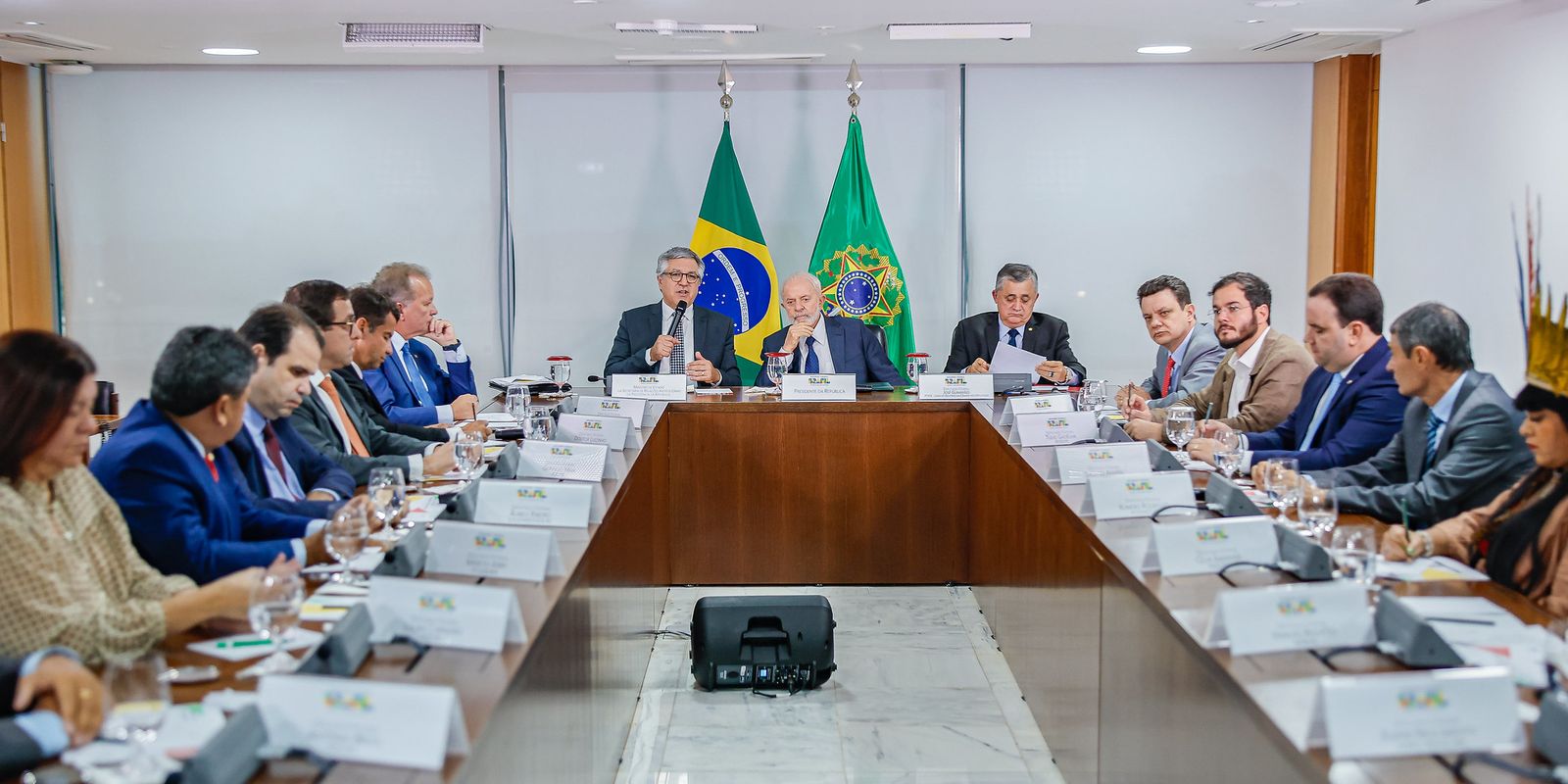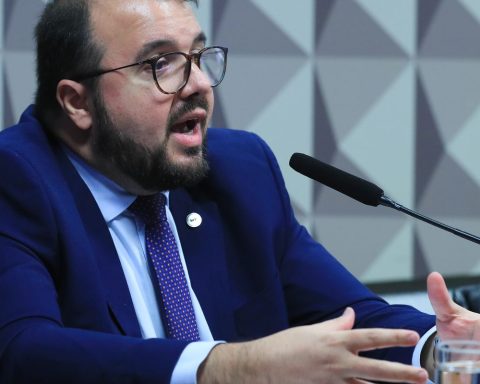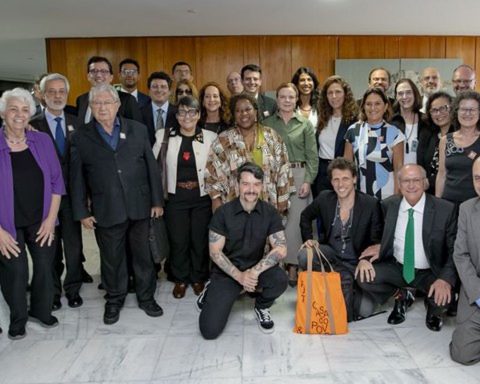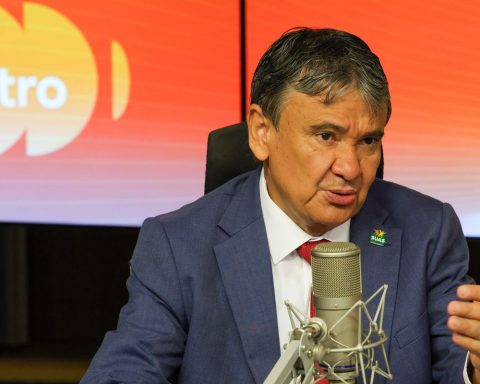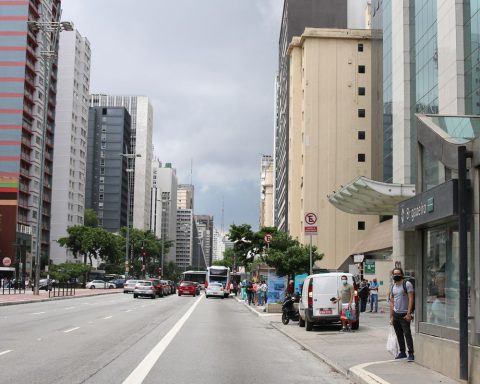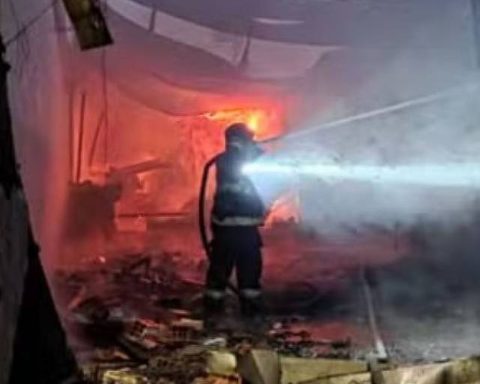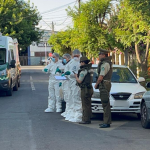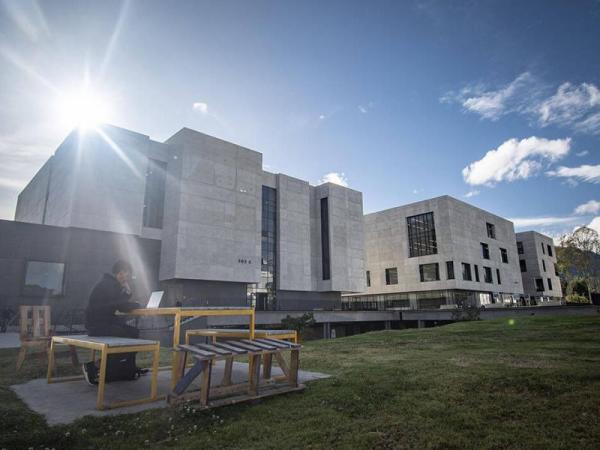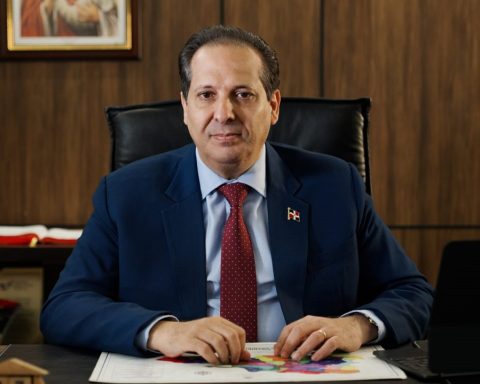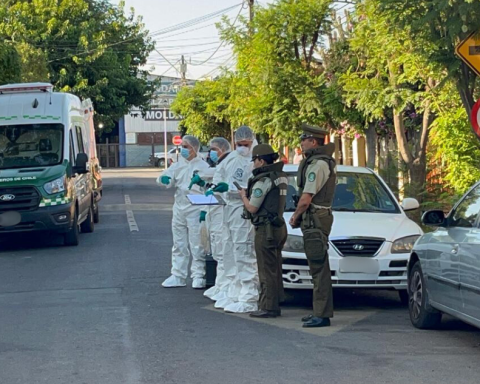President Luiz Inácio Lula da Silva met with 16 party leaders from the government’s support base and representatives from the Chamber of Deputies on Monday (26) at the Planalto Palace to take stock of the votes and progress of the legislative agenda in the National Congress. On the occasion, the president stated that he will not get involved in the elections for the Chamber’s Executive Board, in February of next year, which will define the new president of the House for the next two years.
The information was given by the government leader in the Chamber, José Guimarães (PT-CE), at a press conference shortly after the end of the meeting.
“[O presidente] He stated that the three candidates, all of them, are well-liked by the government, and that he would not give an opinion on one candidate or another. This was something new that he introduced, despite the narratives and versions that are created or constituted about this or that candidate”, said Guimarães.
The dispute for the leadership of the Chamber of Deputies is currently concentrated on three pre-candidates: the current vice-president of the House, Marcos Pereira (Republicanos-SP), Antonio Brito (PSD-BA) and Elmar Nascimento (União Brasil-BA), the latter two respectively the leaders of the PSD and União Brasil, who participated in the meeting with Lula.
“He [Lula] raised that it is important that the Chamber election process, that everyone [os deputados] we are involved, finish well. And whoever wins the election will be the first to meet with him to discuss the partnership and institutional respect between the Executive Branch and the [Poder] Legislative”, noted the government leader.
Votes
According to the government leader, Lula also addressed the need to conclude the vote on the regulation of the tax reform, which should be on the agenda in the concentrated effort for votes in the plenary this week. The second part of the regulation of the tax reform deals with the management and monitoring of the Tax on Goods and Services (IBS), created in the reform, which will still go to the Senate.
Another priority vote is the Bill for the Acredita Program, a credit and debt renegotiation policy for small businesses, whose Provisional Measure has lost its validity and the Chamber is now analyzing a text of the same content to restore the validity of the legislation.
According to the Minister of Institutional Relations, Alexandre Padilha, the meeting was a moment for the president to thank the party leaders who have supported the votes of interest to the government in Parliament.
“Once again, the president expressed his gratitude for the great contribution made by the Chamber of Deputies, the group of leaders and the president of the Chamber [Arthur Lira]have contributed to this good moment of economic recovery that the country is experiencing”, highlighted the minister.
Amendments
Regarding the new rules for the execution of parliamentary amendments to the Union Budget, Minister Alexandre Padilha said that Lula reinforced to the leaders the need to implement the announced pact last week, between the Three Powers.
“His guidance is that the National Congress, Executive and Judiciary build the agreed solution, which recognizes the role and value of parliamentarians in indicating projects and resources for their localities, and which also recognizes other constitutional precepts, which were unanimously seen by the Supreme Federal Court. [STF]”, said the minister.
About a week ago, the Supreme Court unanimously confirmed three provisional decisions by Minister Flávio Dino, which suspended the transfers of parliamentary amendments, including the so-called “Pix amendments”, which allowed the direct transfer of public resources without specific allocation to any project or program.
Because of this, a meeting involving Supreme Court justices, the presidents of the Chamber of Deputies and the Senate, and representatives of the federal government established new criteria for the release of funds, ensuring that parliamentary amendments must “respect criteria of transparency, traceability, and correctness.” These rules will now be established by a working group that includes the federal government and members of Congress, and should be presented in the coming days.
